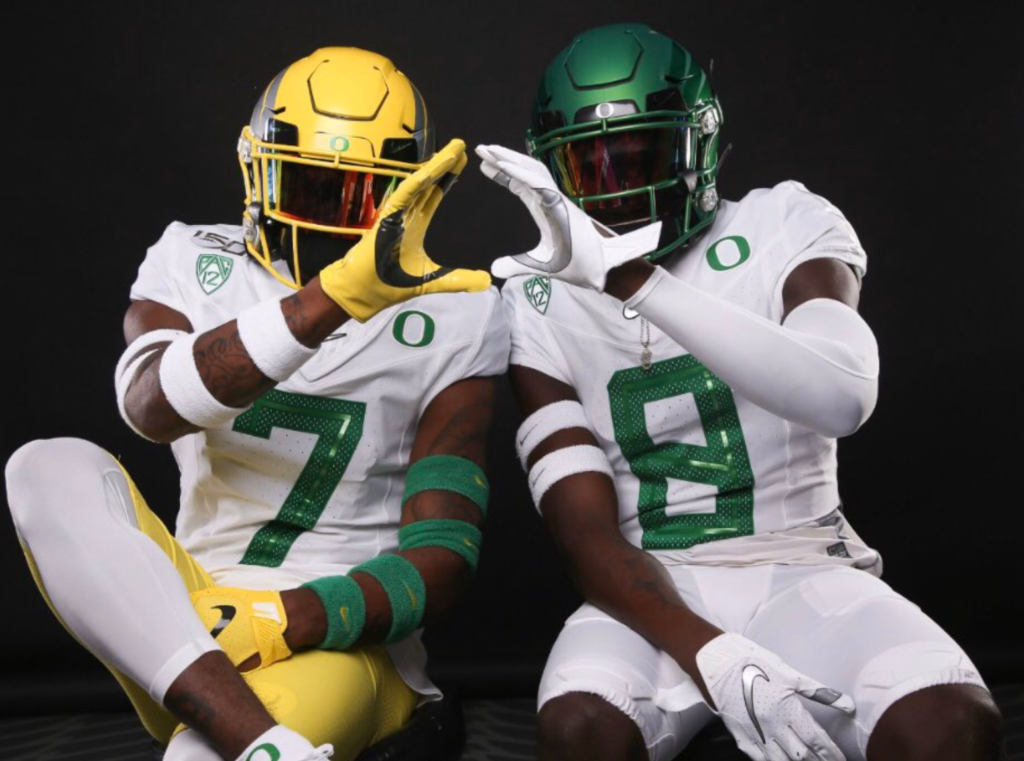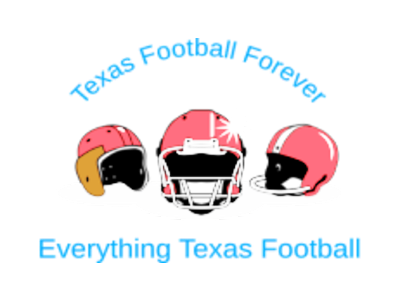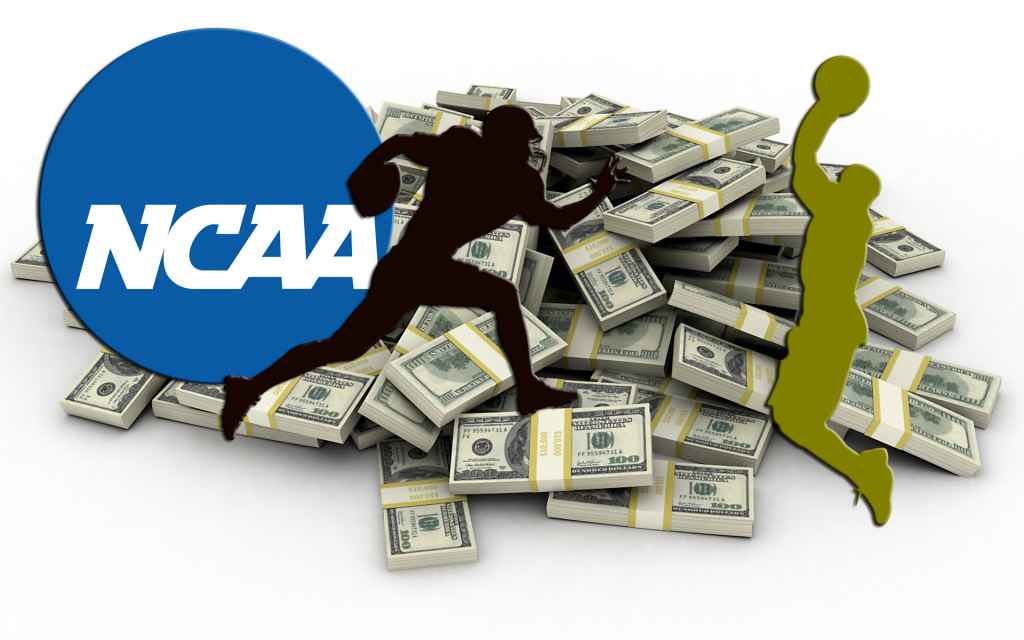Changes are coming to the current NCAA landscape. Very soon we can expect many of the very best college athletes will begin to receive substantial compensation for play!
When the NCAA was formed in 1906 by Theodore Roosevelt, along with representatives from 13 of the top Universities at the time, the emphasis was on instituting rules to make College Football safer. In the prior year, 18 players died from injuries sustained while playing football.
https://edition.cnn.com/2012/02/05/opinion/greene-super-bowl The NCAA created safety rules that were accepted by all the participating Universities, which made College Football much safer and potentially saved the game from abolition. The NCAA has always emphasized that college sports is about creating rounded graduates, but the main focus of college students should be academic excellence.

Therefore, the NCAA has created Bylaws that all participating Universities must follow to maintain eligibility for NCAA competitions. One of the most controversial of these Bylaws is the “Name, Image Likeness” Rule, which basically prevents student-athletes from earning any money from playing college sports.
This rule has been vehemently bashed over the years, with detractors stating that talented athletes who help to generate millions of dollars in revenue for the NCAA deserve to be compensated. This controversial rule is being reviewed, and this begs the question, Will the NCAA finally start paying players? We will take a deeper look at this.
Why is the Name Image Likeness Bylaw opposed so much?
This Bylaw, as it stands, prevents the use of a student athletes’ image, pictures, or likeness for commercial benefit to the said athlete. This applies whether the commercial activity is related or unrelated to college sports. This means that a student-athlete who wants to remain eligible with the NCAA is forbidden from earning from sales of any items such as jerseys or other apparel that bears their image.
This Bylaw also prohibits athletes from promoting, advertising, or recommending any product or service for commercial gain. The student-athlete is also not allowed to endorse a product whether or not he/she uses it, as long as it is for commercial gain. Conversely, there is no rule in place preventing the NCAA from using current or former student athlete’s names, images, and likenesses for financial gain. Athlete’s images are used in EA Sports college-themed video games; this was the subject of a major lawsuit led by former student-athlete Sam Keller, Ed O’Bannon, and Oscar Robertson.

This Bylaw, according to the NCAA, is derived from the principle of amateurism and the need to maintain the sanctity of college sports. However, the Bylaw suppresses a student-athletes ability to earn even if the income is unrelated to college sports; this is the main sticking point with the name image and likeness Bylaw.
What are the changes that will be made to the Name Image and Likeness Bylaw?
To modernize this controversial Bylaw, the NCAA Board of governors approved some significant changes in April 2020 that should be effective for the 2021-2022 college sports season. One of the most exciting changes recommended is allowing student-athletes to be compensated for third-party endorsements related to college sports without school or conference involvement.
They also recommended compensation for personal appearances and social media influencing for student-athletes as long as NCAA or school trademark logos are not used. This pending update of the name image and likeness Bylaw is good news for student-athletes who will now be able to earn some money while playing a college sport.

With the increased potential to earn, the best student-athletes might become more discerning in deciding which college they choose. They might look at the earning opportunities that an institution presents before deciding where to go to college. This could mean disaster for smaller programs that do not have the resources to entice the best recruits.
This Bylaw change is an excellent development for the very best student-athletes who will now receive some compensation for their superior athletic abilities. However, the vast majority of student-athletes will not benefit from this rule change, and some will still struggle to complete school. The NCAA has not given any indication of direct compensation for student-athletes, and in my opinion, this will not change anytime soon. Those athletes that have built a strong enough brand will now be able to make some money which is a positive development for college sports. Apart from this, it will be business as usual for the NCAA for the foreseeable future!

